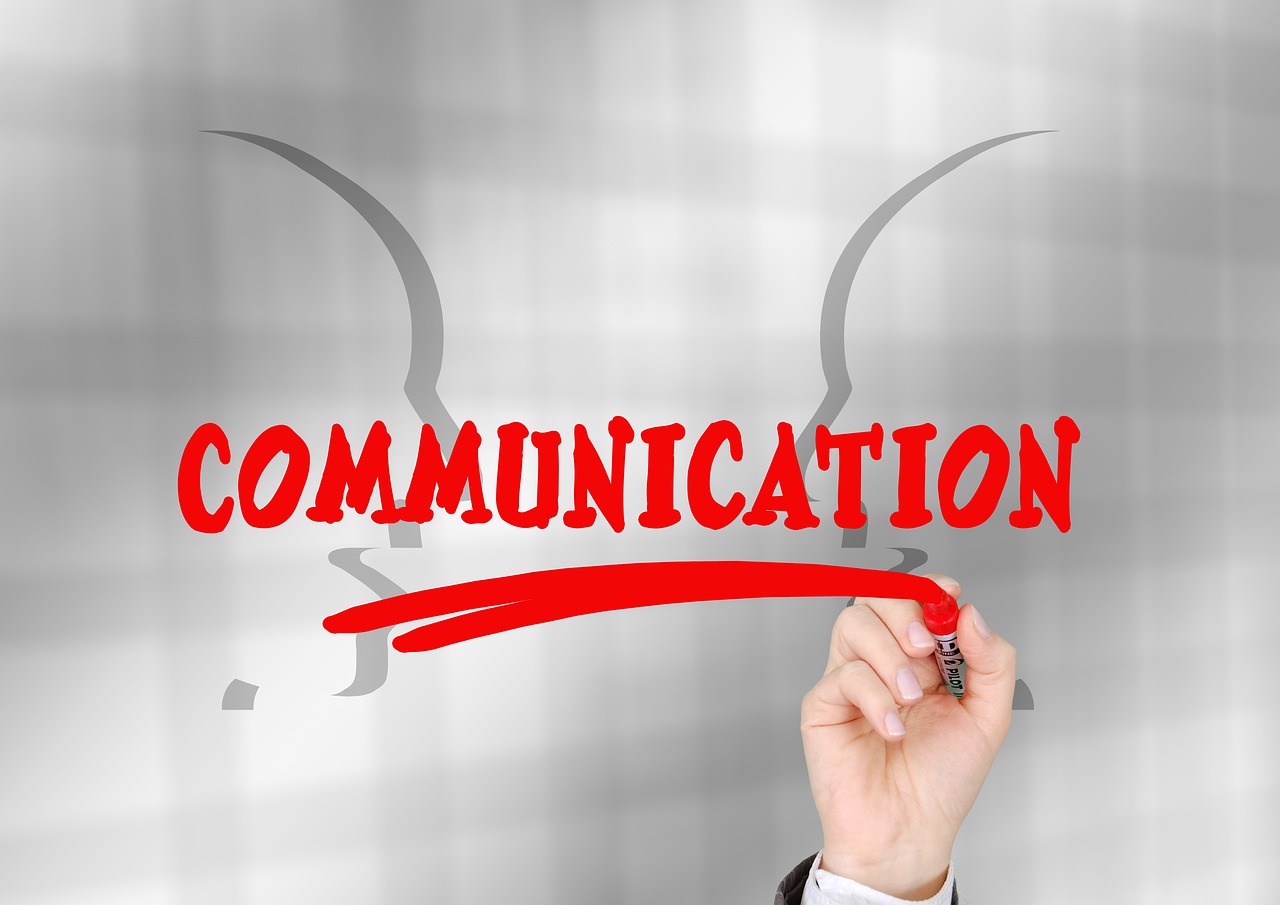We spend a lot of time in this space, and with our clients, discussing how to communicate more effectively. We discuss how to prepare and structure a message, how to capture attention, how to make the meeting valuable, how to get to the point, etc, etc, etc. We talk about how to make your audience more likely to want to listen. But no matter how good we are as a communicator, we can’t force our audience to listen.
So it is also important here to occasionally discuss the other half of the communication equation… how we receive information. There are so many reasons why this is important. Listening is respectful, and inclusive. It leads to better relationships, and better organizations. But in addition, better listening is not just about making the other person feel heard and respected. Better listening also frequently provides a roadmap for how to be more persuasive through a deeper understanding of the other side. Better listening helps the other party, and helps us. Everyone wins.
And the most fundamental thing you can do to be a good listener, is to start with the correct mindset.
Good and productive communication requires giving AND receiving. And to receive well, you have to care about the communication. You have to clear your mind and respect the situation. You have to want to hear what the other person has to say. If you are distracted and multi-tasking, you won’t listen nearly as well, and the communication won’t be as effective, regardless of how good the speaker is. The other side will notice and will feel less connected to you, and you will have missed a great opportunity to connect.
Communication is a two-way street. You have to care about listening well. You have to care about hearing what other people have to say. You have to care about being present, mindful and respectful.
We spend a lot of time thinking about the communication we give, and how well we give it. But let’s also spend some time thinking about the communication we receive, and how well we receive it.
Good luck, and have a great day.
Does your team:
– Take too long to make decision?
– Fail to ask for what it wants or needs from you?
– Make things too complicated?
– Deliver unconvincing or disorganized presentations?
– Have new hires who are unprepared to communicate in the workplace?
We transform teams and individuals with repeatable toolsets for persuasive communication.
Explore training, coaching, and consulting services from The Latimer Group.
Looking for more from The Latimer Group?
- 3 Visual Mistakes to Avoid in Your Next Slide Deck
- Persuasion is Not Always Possible
- What Are Your Coffee Beans?
- The Recipe for Great Business Communication
- Bridging the Gap Between Intent and Impact
Looking for more from The Latimer Group?






Comments